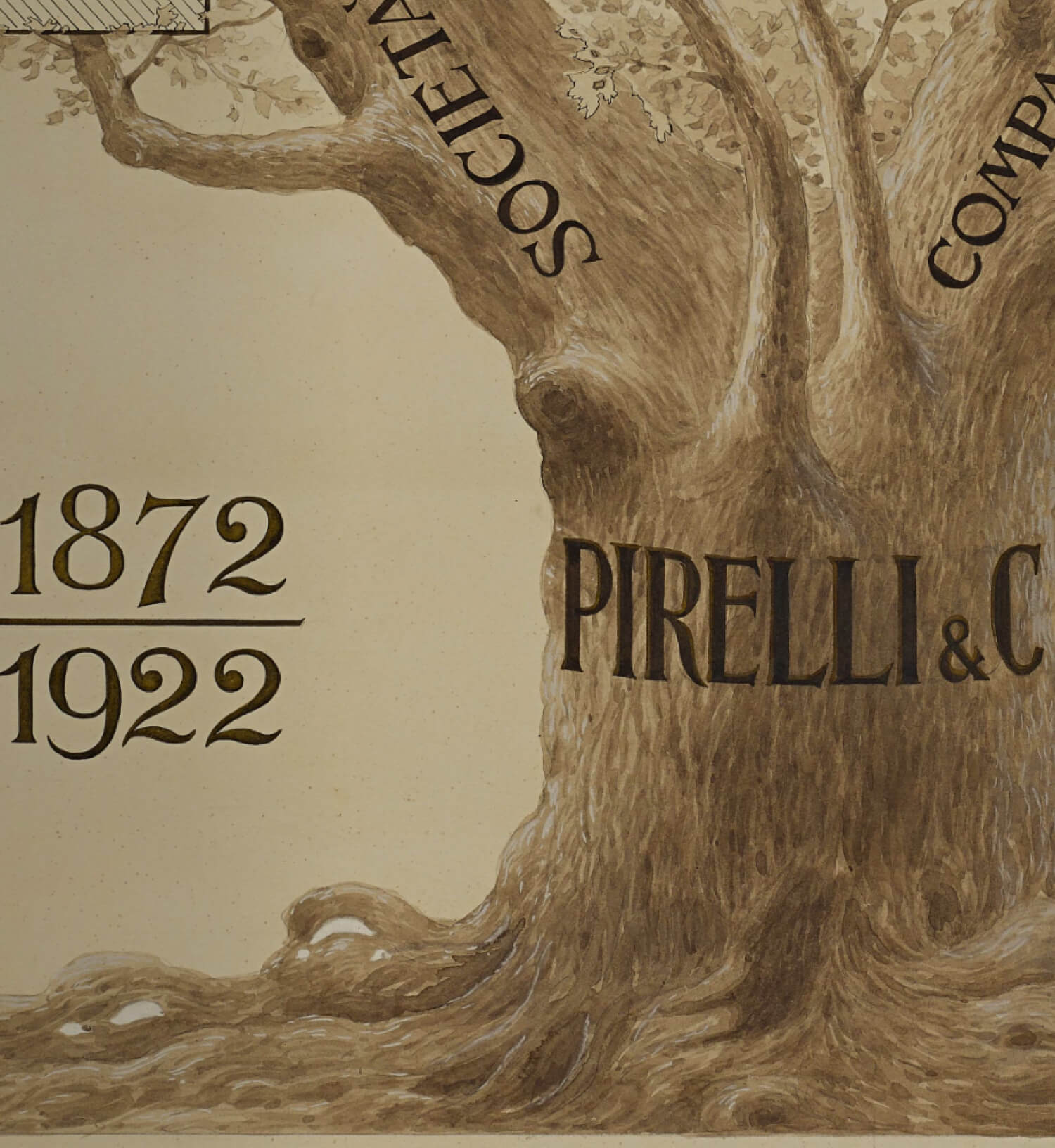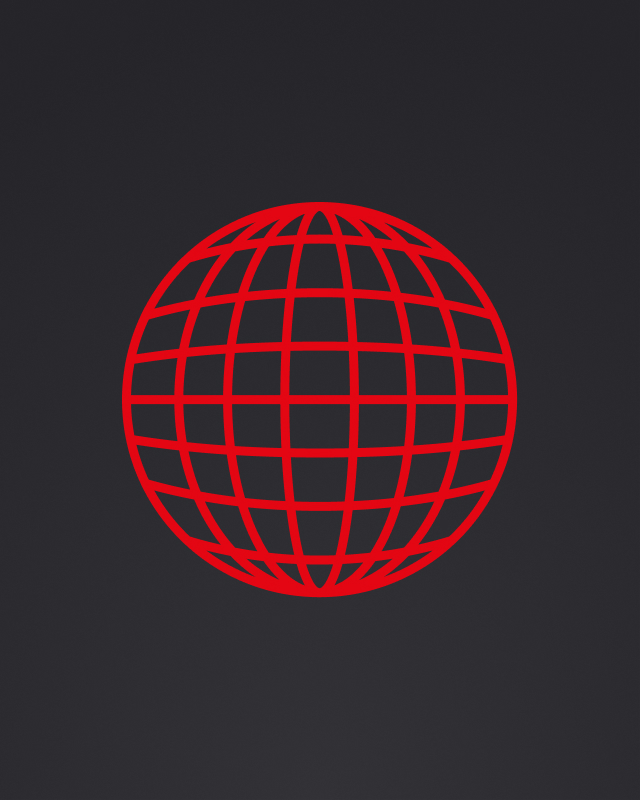WEATHERING THE SAME STORM
Every day, we find ourselves living in an increasingly connected and global reality. To understand this better we need to consider three different concepts
Knowing the meaning of a word is very different to internalising it – and the word ‘global’ is no exception. We often hear it in connection with two monumental modern-day issues: global warming and the global Covid-19 pandemic.
My favourite definition of global is very simple: "involving the entire world".
I first came to understand – internalise – the real meaning of global on the morning of April 1986 when news reports broke about the Chernobyl nuclear disaster. What struck me the most was that the authorities urged us all to stay at home. "How could a problem at a nuclear power plant some 1,600 kilometres away impact me?" I asked myself.
Unfortunately, within a few days we all started to understand the ramifications of such a disaster. It impacted everyone. We sat in our homes, worried; at just 1,600 kilometres away, Chernobyl was really close. This changed the concept of distance for each and every one of us.
The word global forces us to change our mental attitudes, which can be summed up in three considerations: the first is ‘cognitive’, the second is ‘relational’ and the third is ‘ethical’.
Let us examine them more closely.
The first consideration, cognitive, is the principle of ‘system thinking’, in other words, the need for a systematic approach to understand the interconnections between the various parts of a complex system. This idea and approach was developed by Peter Senge, who I had the honour of working with at the World Bank, in his book The Fifth Discipline. An example for better comprehending what this means is: what are the consequences of increased life expectancy on demographics, healthcare, pensions, the labour market and urbanisation?
The second element is relational in nature: the problems we need to solve are not only complicated, but also complex – this is not semantics, the difference is substantial. A complicated problem requires a specific skillset in a given field or subject area. Global issues are complicated and complex. Solving them requires technical skill but this is not sufficient on its own.
The Covid-19 pandemic is a glaring example. To solve this problem we need an efficient healthcare system; pharmaceutical companies that can develop vaccines; governments that make appropriate laws; a clear communication system; and citizens who understand that collective interests must prevail over individual egotism. For this to occur – and this is where the relational element comes in – we need to build a system of mutual trust. A trust that leads to collaboration and the concept of sitting around a table to solve these problems, together.
The third element is ethical. With global issues, you often hear people say: "We are all in the same boat." Personally, I would say: "We are all weathering the same storm", but we are certainly not all in the same boat. These global phenomena have not reduced differences between people, they have increased them. An extremely powerful minority has amassed an enormous amount of wealth, while the majority have been left out of the picture. In fact, according to the World Bank there are still two billion people who have to survive on less than two dollars a day.
Consequently, the real meaning of the word global is something that impacts everyone. To understand the complexities, we need to ‘connect the dots’; establish relationships of trust with the people who are a part of the system and rebuild a distributional system based on fairness.
As the Bob Marley song goes: "There’s no peace where there’s no justice."

